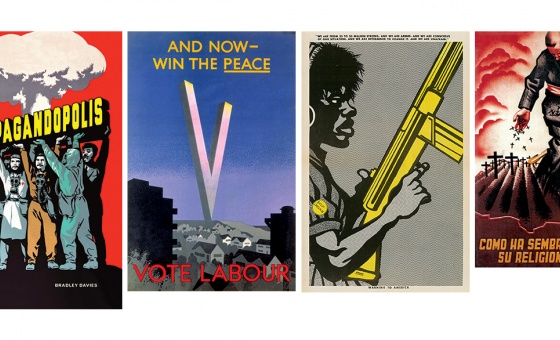This is the last article you can read this month
You can read more article this month
You can read more articles this month
Sorry your limit is up for this month
Reset on:
Please help support the Morning Star by subscribing here
POLICE in a suburban New York City county arrested a keffiyeh-wearing leading pro-Palestinian protester for breaking a new law banning face masks in public, it was reported today.
The move revives fears that the statute is being used to diminish free speech rights.
Nassau County Police Department spokesperson Scott Skrynecki said on Thursday that the North Bellmore resident was arrested on Sunday afternoon during a protest in front of Young Israel of Lawrence-Cedarhurst, an orthodox synagogue near the New York City borough of Queens.
Mr Skrynecki said that officers questioned the man because he had been concealing his face with a keffiyeh, which has become a symbol of support for Palestinian people.
Police on the scene asked him if he was wearing the garment for medical or religious purposes, which are the two major exceptions to the new ban, according to Mr Skrynecki.
When the man confirmed he was wearing it in solidarity with Palestinians and not for either of those reasons, he was placed under arrest. He was eventually released with a notice to appear in court on October 2.
The man didn’t respond to calls and social media messages seeking comment on Thursday.
Rachel Hu, a spokesperson for the Act Now to Stop War and End Racism Coalition, which organised a rally this week against the arrest, said the man is currently seeking legal counsel and won’t be commenting on the case until then.
She added that organisers believe the man was targeted as one of the leaders of pro-Palestinian protest movements on Long Island.
“We feel that this arrest (and this ban overall) was aimed at intimidating known activists to discourage us from using our first amendment right to protest,” Ms Hu wrote in an email.
The New York chapter of the Council on American-Islamic Relations denounced the arrest as proof that the local law was being used as a “silencing tactic” against Palestine solidarity activists.











